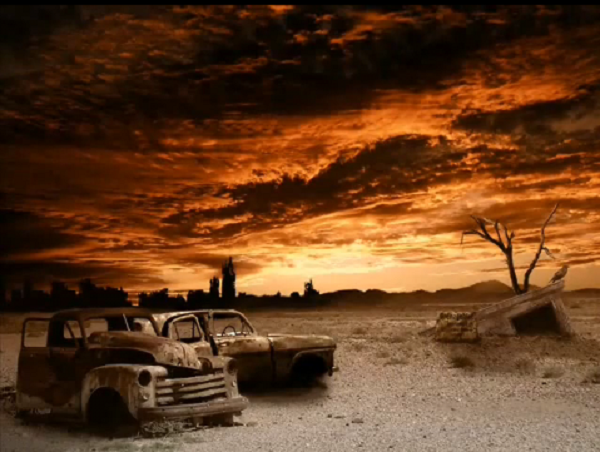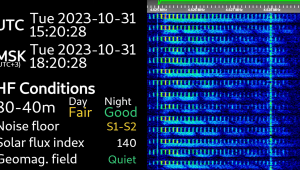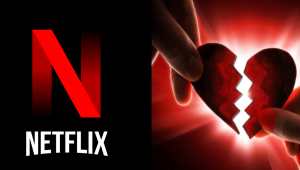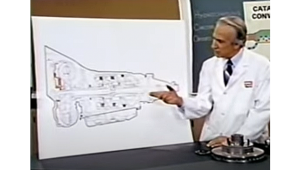Unless this study takes into account multiple viewing of physical media, it is basically useless. I'd estimate that I watch at least 50% of my collection 3-5 times, and perhaps 10% of it even more. By that logic, I would reduce the energy used for each discrete viewing at least somewhat (disc player consumption notwithstanding). Streaming will use the same amount of energy each time.
DVD, Destroyer of Worlds?

File this one under: “Scientists With Too Much Time on Their Hands.” Or possibly: “If You Pay Someone Enough Grant Money, They Will Spend Valuable Time Studying the Most Inconsequential Things.” In any case, Google commissioned a study by researchers at Northwestern University and Lawrence Berkeley National Laboratory, who probably have better things to do, but whatever.
The concluded that watching a live stream of a movie can be more energy-efficient than watching the movie on DVD. My first thought was, “Who watches DVD anymore?” Haven’t these scientists, or at least Google, ever heard of Blu-ray?” My second thought was, “Considering all the optical discs I’ve spun, I am probably single-handedly responsible for most of the ice-sheet loss in Antarctica. But wait a minute....
The scientists analyzed five different ways to watch a movie: 1)Watching a movie live-streaming over the Internet. 2) Renting a DVD through a mail-based service. 3) Renting a DVD at a local store. 4) Buying a DVD from an Internet source and receiving it in the mail. 5) Buying a DVD at a local store. Apparently the possibility of going to a movie theater slipped their minds. Using a methodology called “life cycle analysis,” they estimated the energy used, and carbon dioxide emissions produced by each. Video streaming can be the least damaging.
It takes energy to manufacture a DVD and transport it to various places; driving to a rental location to get a disc is a big no-no. Likewise, streaming via networks consumes energy what with server farms and all the routers. Also in the equation is the energy needed to manufacture and deliver playback devices. Interestingly, in both cases, it is end-user energy consumption that is most significant. This means you, and your DVD player.
The numbers: The study estimates that video viewing in the US in 2011 required about 192 petajoules of energy and emitted about 10.5 billion kilograms of carbon dioxide. If instead, viewers had streamed those movies, energy use would have been about 162 petajoules and the carbon dioxide emissions about 8.6 billion kilograms. This would have saved enough energy to power almost 200,000 US households for a year.
So, all you streaming folks are feeling pretty good about yourselves. Saving the planet etc. Well, wait a minute. The study also found that streaming at high bit rates consumes even more energy than DVD viewing. Moreover, if you can reduce the energy used to travel to/from DVD locations, then DVD viewing is better than any streaming.
The bottom line is inconveniently simple: you should take a bus to a RedBox, rent a DVD, then take the bus home. And one of the worst things you can do is to stream hi-def video. Think about that next time you take a cold shower.
- Log in or register to post comments


I purchase my blu-rays while I am out making other purchases, typically at Costco. So no extra energy is expended to get the optical disc into my home.































































